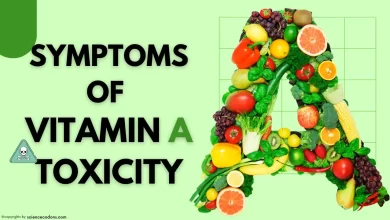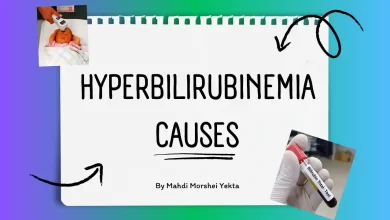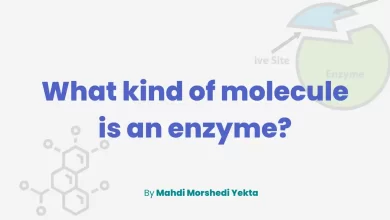
Peptides are biological molecules that are formed by the connection of 2 to 50 amino acids. Peptides have a wide range of functions, including antiviral, antibacterial, antifungal, cytotoxic, antioxidant, and anticoagulant activities. Peptides are very important in terms of functional diversity. Additionally, peptides do not have the disadvantages of chemical drugs and can serve as a viable alternative. This post will examine several significant peptides’ formation, structure, and introduction.
| Peptide Name | Number of Amino Acids | Physiological/Clinical Significance |
|---|---|---|
| Angiotensins | 7-10 | Produced from angiotensinogen, angiotensin II is the most potent vasoconstrictor of the body and stimulates the release of aldosterone. |
| Bradykinin | 9 | A vasodilator that causes smooth muscle relaxation and increased vascular permeability. |
| Calcitonin | 32 | A hormone produced by the thyroid gland that regulates calcium levels in the blood. |
| Cholecystokinin | 33 | A hormone produced by the small intestine that stimulates the release of digestive enzymes from the pancreas and bile from the gallbladder. |
| Creatine | 3 | A tripeptide produced from glycine, arginine, and methionine in the human body primarily in the kidney and liver. It is transported in the blood for use by muscles. Stores phosphate in skeletal muscles and the heart. |
| Glucagon | 29 | A hormone produced by the pancreas that stimulates the liver to convert glycogen to glucose and release it into the bloodstream. |
| Glutathione | 3 | A tripeptide composed of glutamic acid, cysteine, and glycine. It is an antioxidant that helps prevent damage to cells caused by free radicals. |
| Insulin | 51 | A hormone produced by the pancreas that regulates blood sugar levels. |
| Oxytocin | 9 | A hormone produced by the hypothalamus that plays a role in social bonding, sexual reproduction, and childbirth. |
| Substance P | 11 | A neuropeptide that functions as a neurotransmitter and neuromodulator. It is involved in pain perception and inflammation. |
| Microcystin | – | In high amounts it is toxic and in low amounts it can cause liver tumors |
| Nodularin | – | In high amounts it is toxic and in low amounts it can cause liver tumors |
| Kramicidin A | – | Antibiotic function |
| Valinomycin | – | Antibiotic function |
| Aspartame | 2 | Sweetener |
| Vasopressin | 9 | Increases water reabsorption from the collecting ducts of the kidneys |
| TRH | – | Releases TSH from the anterior pituitary |
Reference:
Peptide: Types and functions – Online Biology Notes









